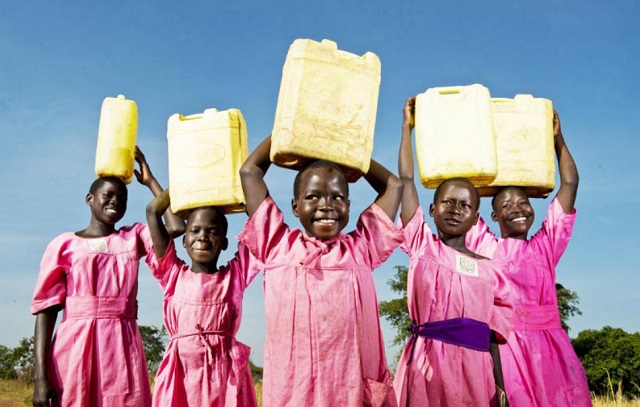
Uganda named among least friendly countries for girls
| THE INDEPENDENT | Uganda is among the worst countries in Africa where girls continue to experience gender-based discrimination in law, policy and practice, according to the latest report by the African Child Policy Forum (ACPF).
The report is entitled: `Africa Report on Child Wellbeing 2020: How friendly are African governments towards girls?’
Countries were rated on the progress they have made in the legal and policy framework for the protection of girls. Parameters included a look at existing national laws and policies on protection of girls regarding sexual abuse, violence and exploitation, corporal punishment and trafficking, prohibition of Female Genital Mutilation (FGM), inheritance laws and property rights for women and girls.
Other criteria were minimum ages of marriage, employment, and criminal responsibility, and access to free, compulsory and inclusive education for girls. These were framed within the international and regional policy framework for girls which are mainly silent regarding girls.
The protection of every child, boy or girl, from violence, exploitation and harmful practices is one of the key targets of the SDGs.
But girls are especially subjected to violence, abuse and exploitation in various settings, including corporal punishment, sexual violence and emotional abuse, sometimes at the hands of close relatives and teachers.
According to the report, in Uganda, out of a sample of children aged 11-17 years; around 60 percent reported having experienced at least one form of physical punishment at the hands of close family members in the 12 months preceding the interview. It was the same in Zambia and Morocco.
Meanwhile four out of ten females aged 18-24 in Zimbabwe and Malawi reported that their first sexual experience was forced. In Uganda, that figure is 20%.
“It is normal, being beaten, yelled at. Some of us are used to it, just like the way we are used to eating Ugali,” said a young woman from Mbeya in Tanzania.
Schools are supposed to be safe spaces, but they remain unsafe for many girls due to sexual violence and corporal punishment. This risk is exaggerated in poor communities.
There are certain groups of girls whose living conditions make them more vulnerable to violations than others. These include girls living in poverty, those in remote rural areas or poor urban settlements, those with disabilities, those living and/or working on the street and those affected by armed conflict.
The Girl-Friendliness Index
All countries are ranked on the Girl-Friendliness Index (GFI) which measures the performance of governments in realising the rights and wellbeing of girls.
The index builds on three pillars that underpin the UN Convention on the Rights of the Child (CRC) and the African Charter on the Rights and Welfare of the Child (ACRWC): girls’ rights to Protection, Provision and Participation.
The index has five sub-divisions; the most friendly, friendly, fairly friendly, less friendly, and least friendly. Uganda is in the “less friendly” group with 14 others including neighbours Burundi, Tanzania, Ethiopia, and Sudan.
Only six countries are in a worse category than Uganda. They include neighbours South Sudan and DR Congo, and Eritrea, Central Africa Republic, Chad, and Comoros and Niger.
The most girl-friendly countries in Africa in order of performance are Mauritius, Tunisia, South Africa, Seychelles, Algeria, Cabo Verde, and Namibia. These have made significant efforts in a number of areas that benefit girls such as law reforms, standards and principles.
 The Independent Uganda: You get the Truth we Pay the Price
The Independent Uganda: You get the Truth we Pay the Price


